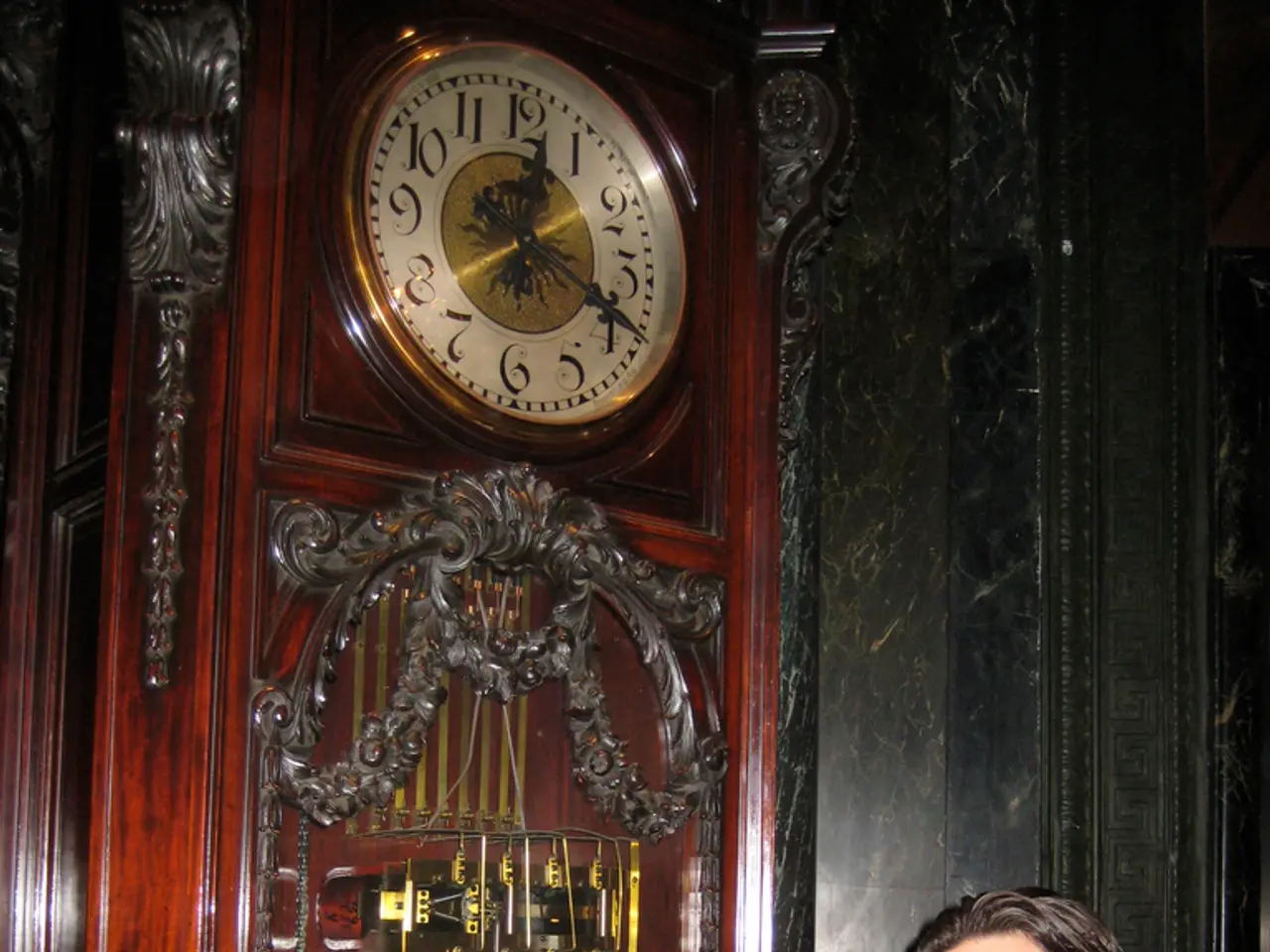Interpersonal Relationships and Autism: Advantages and Obstacles Encountered
In the realm of relationships, autistic individuals are often misunderstood and misrepresented. However, it's crucial to shed light on the unique aspects of autistic relationships and the ways in which both partners can navigate these connections successfully.
Firstly, it's essential to debunk the myth that autistic people cannot be in romantic relationships. On the contrary, many high-functioning autistic individuals have had successful romantic experiences. It's important to remember that autistic people can empathize with their partners and form deep, meaningful connections.
However, it's also crucial to understand that autistic individuals may have specific needs and preferences. For instance, they may require more space after being overstimulated, or they might prefer a structured and routine approach in their relationships. It's beneficial to find out early on about an autistic partner's preferences regarding physical touch, as this can help avoid misunderstandings and ensure a comfortable environment for both parties.
One area where adjustments may be necessary is in household chores. Some tasks may be easier for a neurotypical partner to handle, and accommodations might need to be made to ensure a fair distribution of responsibilities.
Autistic relationships, while unique, tend to last for shorter periods. This could be due to the challenges that come with navigating social norms and customs, which some autistic individuals may find difficult to understand. For example, they might struggle with interpreting body language, tone, sarcasm, flirting, eye-rolling, and passive-aggressive comments.
Despite these challenges, the majority of autistic people are satisfied in their relationships. To help maintain this satisfaction, it's best to avoid springing too much change on an autistic partner at once. Instead, provide clear and direct communication to avoid miscommunication and respect their boundaries, especially when engaging in social events or physical intimacy.
Organisations like auticon Deutschland GmbH in Germany focus on employing autistic adults in jobs suited to their strengths, promoting understanding of autistic individuals, including their partnerships. Other initiatives, such as community-based Wohnprojekte (housing projects), aim at inclusive living environments that can support autistic people in social and partnership contexts. While not exclusively for autistic partnerships, groups like MainLichtblick e.V. offer support and opportunities for autistic children and families, fostering inclusion and understanding.
In the end, autistic people offer honesty, reliability, and loyalty in relationships. By understanding their unique needs and preferences, we can foster more inclusive and supportive environments for autistic individuals in romantic relationships.








